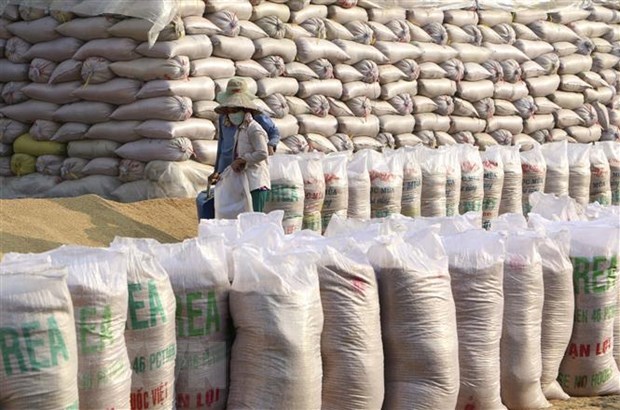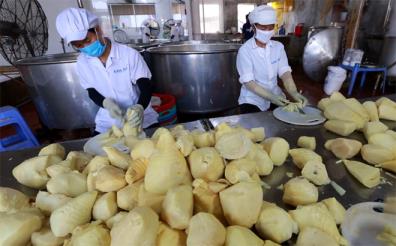EVFTA pushes up Vietnam’s exports to Sweden
- Thursday, March 11, 2021
The EU-Vietnam Free Trade Agreement (EVFTA) has clearly helped promote trade between Vietnam and Sweden, with Vietnam’s export turnover to the country in January surging 99.94 percent year-on-year, according to the Vietnamese Trade Office in Sweden.

|
|
Vietnamese rice has many opportunities to enter the Swedish market.
|
Other news

Thanks to the development of distinctive and appealing tourism products in its key tourism regions, Yen Bai Province welcomed over 9 million tourist arrivals during the 2021–2025 period, including nearly 800,000 international visitors. Tourism revenue reached VND 7,189 billion, with an average annual growth rate of 32.7%.

Since 2021, Yen Bai Province has recruited and provided vocational training for 81,504 people. Of these: 6,359 people (7.8%) received college-level training, 12,710 people (15.6%) received intermediate-level training, and 62,435 people (76.6%) received elementary-level training or training under three months. Each year, the province has supported vocational training for 4,000 to 5,000 rural laborers.

Since the beginning of the year, the management of crop seed, fertilizer, and pesticide trading activities in Yen Bai Province has been effectively implemented.

To facilitate taxpayers in fulfilling their tax obligations promptly and in accordance with current tax regulations, while simultaneously strengthening tax administration and preventing revenue loss to the state budget, the tax sector of Yen Bai Province has actively guided household businesses to pay taxes through the eTax Mobile application.



